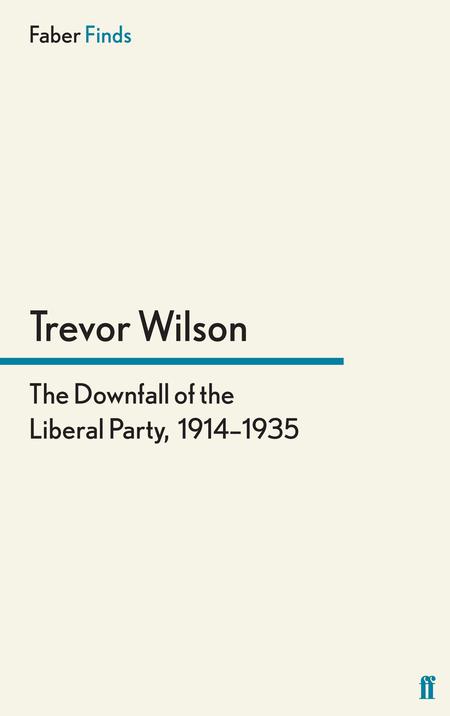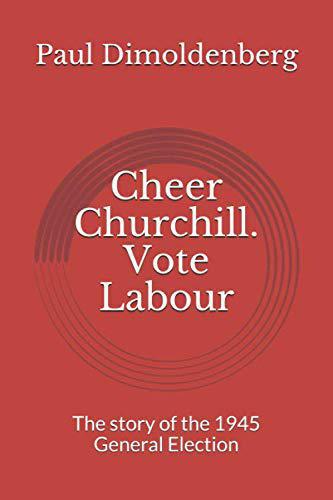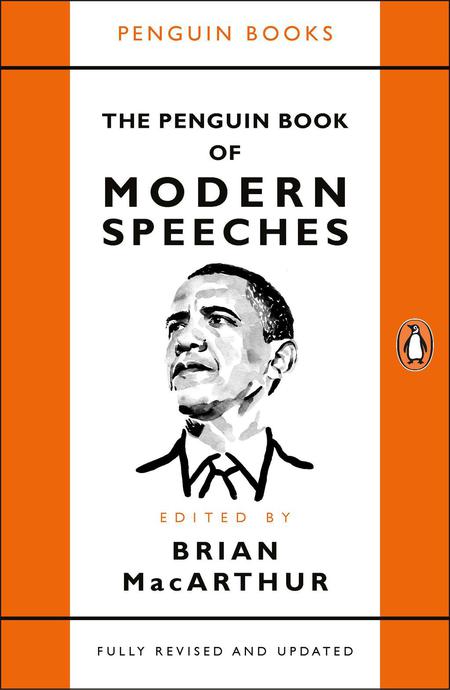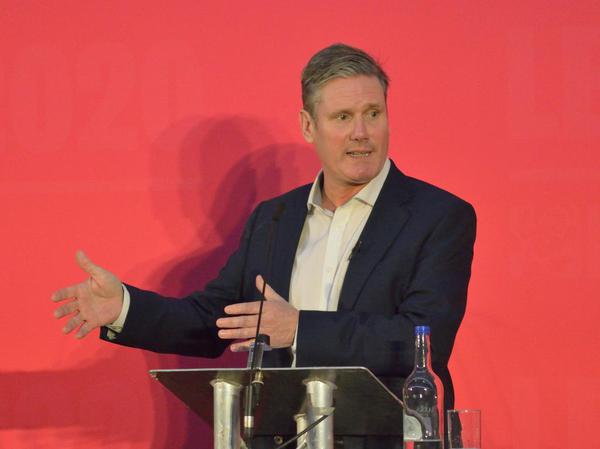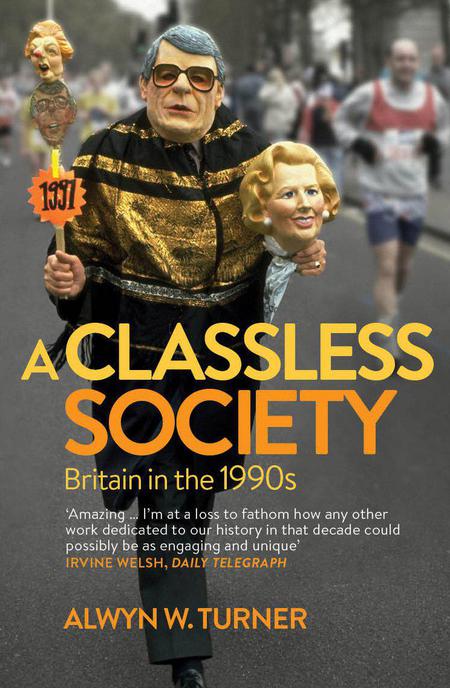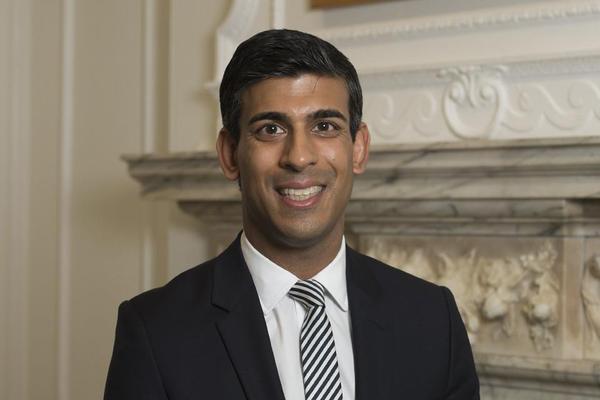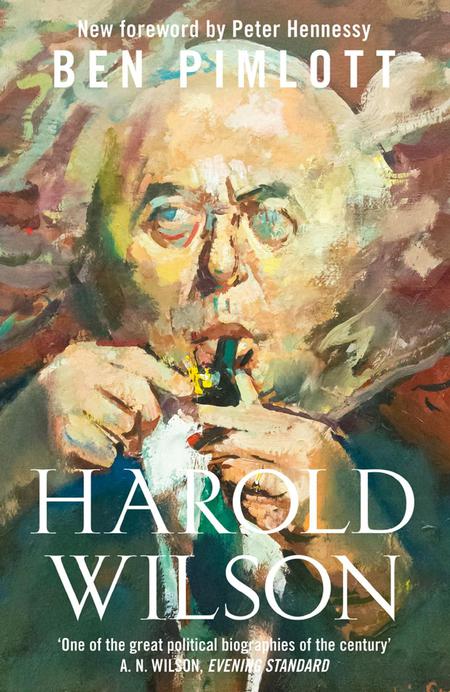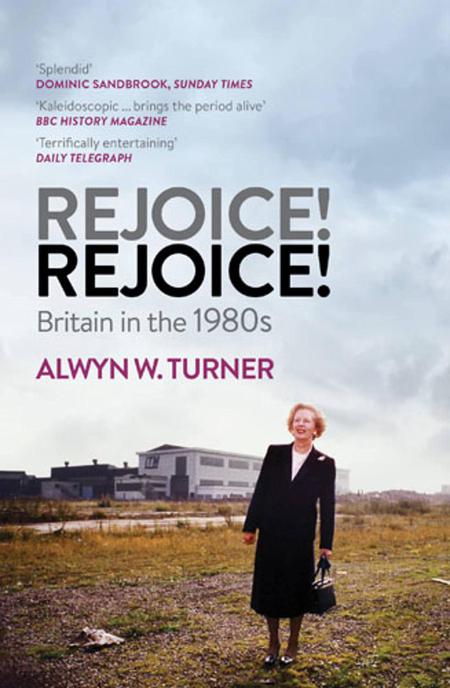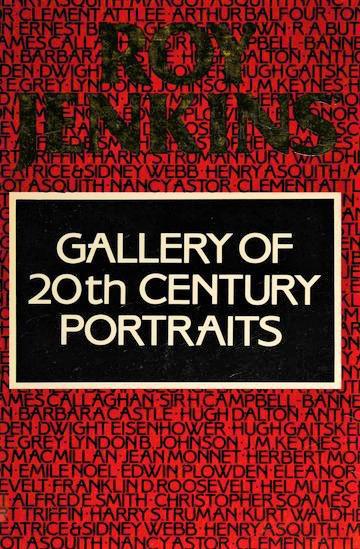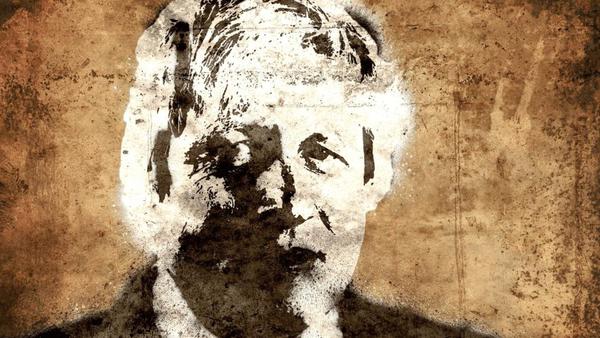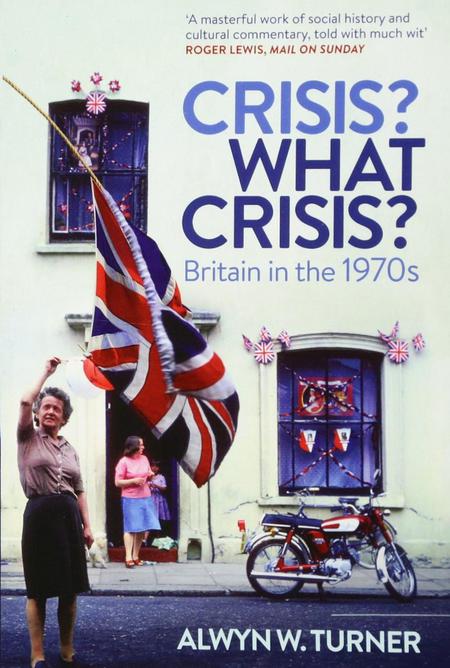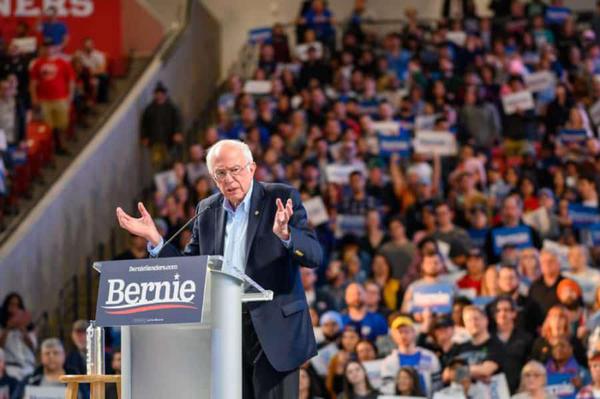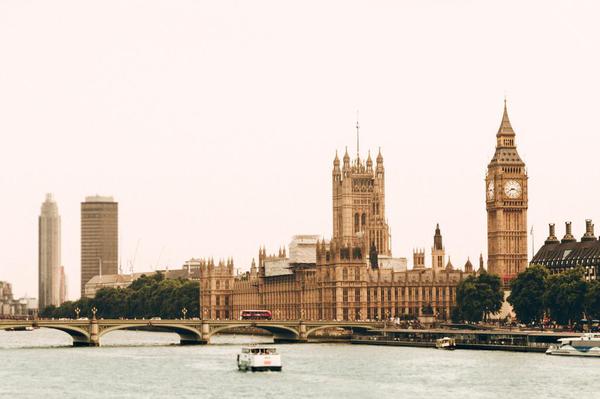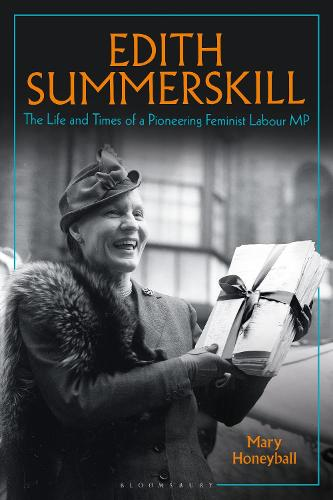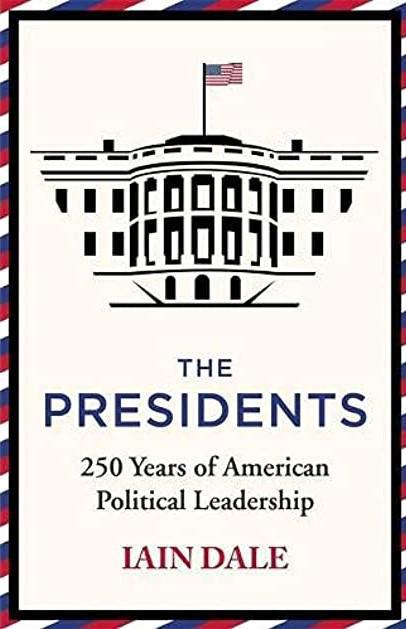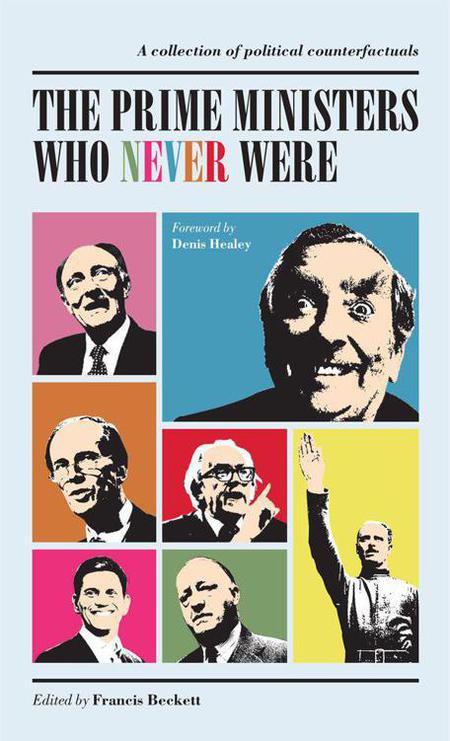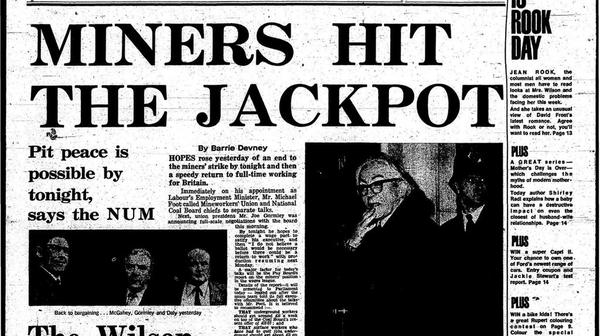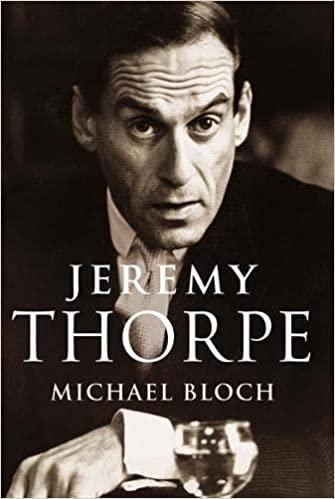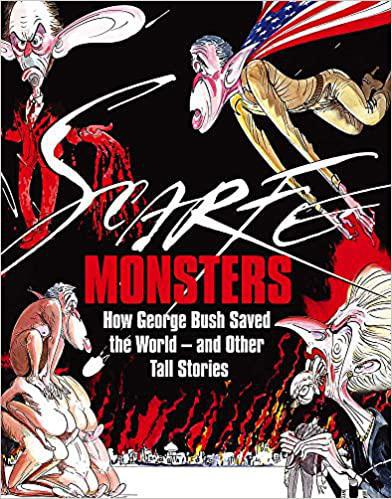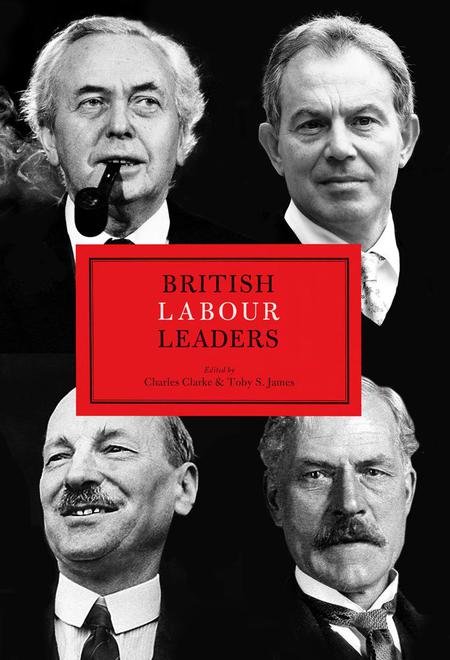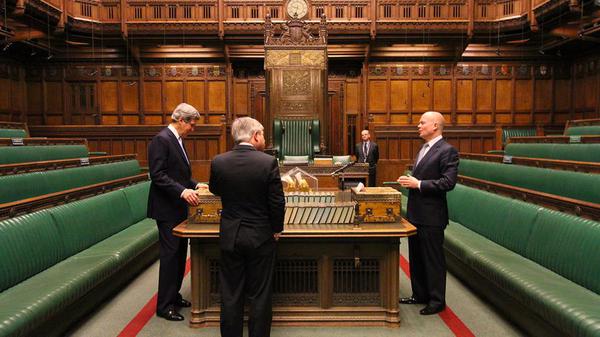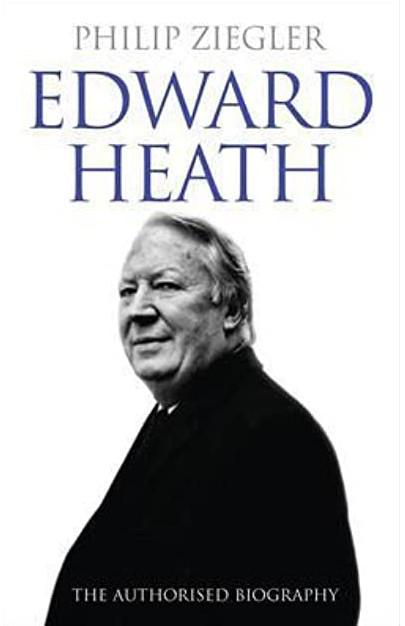
Books in 100: Edward Heath by Philip Ziegler
Often considered one of the worst modern Prime Ministers, Edward Heath is certainly one of the most mysterious holders of the office.
In an authorised account of Heath’s long life and political career, Philip Ziegler sheds light on Heath’s private character behind his aloof public front.
Although never damning, Ziegler’s judgements can be critical, especially of Heath’s arrogance and delusions that he would take up the leadership once again after Thatcher succeeded him.
However, Ziegler does
In an authorised account of Heath’s long life and political career, Philip Ziegler sheds light on Heath’s private character behind his aloof public front.
Although never damning, Ziegler’s judgements can be critical, especially of Heath’s arrogance and delusions that he would take up the leadership once again after Thatcher succeeded him.
However, Ziegler does


